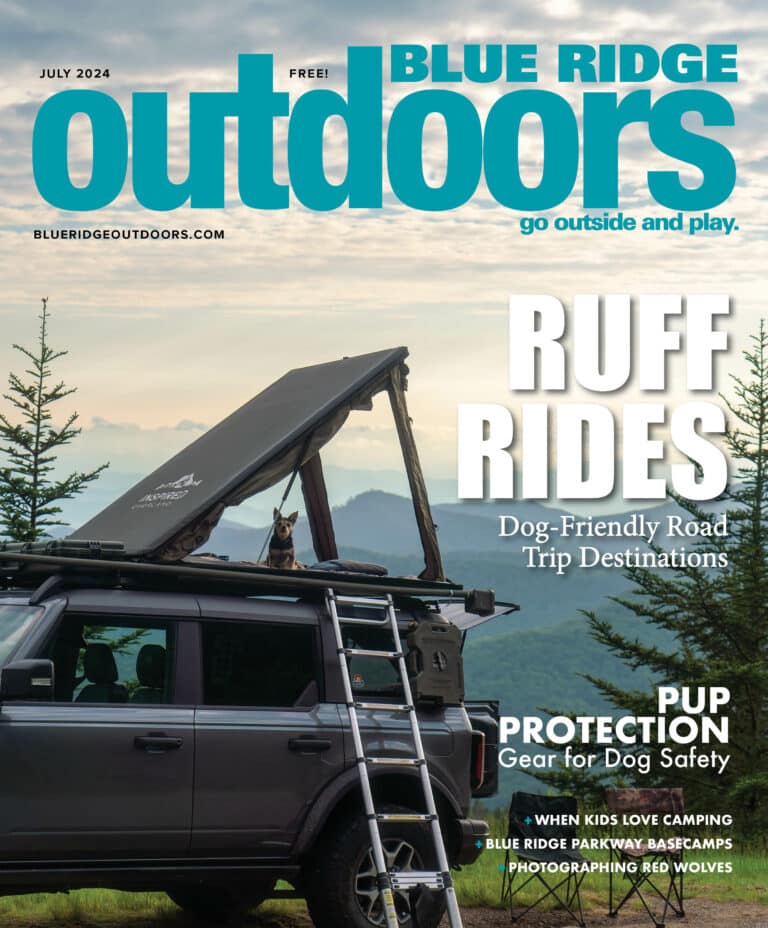Ed Snodderly’s resume includes songwriter, multi-instrumentalist, actor, college teacher, and proprietor of a storied bluegrass club. A native of northeast Tennessee, Snodderly released his first solo album back in 1977. As a songwriter, he’s known for his vivid musings about Appalachia’s lush landscape and rich old-time music culture. Dobro king Jerry Douglas once said Snodderly “writes as though he lived ages ago, in a simpler time set with straight-ahead values. He’s carving himself a niche for his own genre of Appalachian music.”
He went on to form the Brother Boys in the late 80s with vocal foil and accomplished theatre actor Eugene Wolf. The band, which released two records on Sugar Hill in the early 90s, was at the forefront of a now-common movement mixing traditional string band sounds with a rock edge.
When he’s not in the studio working on his next record (set for release in October), Snodderly teaches songwriting in the Appalachian Music Program at East Tennessee State University. He also owns the famous acoustic music club the Down Home in his hometown of Johnson City and occasionally flexes his acting chops. He had a small role in O Brother, Where Art Thou?, and he recently worked on the traveling musical biopic Always…Patsy Cline.
Snodderly will perform two sets at the Rhythm and Roots Reunion in Bristol, Tenn., on September 18 and 19.

As a hybrid concoction of many roots styles, was the Brother Boys a band ahead of its time?
It was definitely ahead of its time, musically. During the 10 main years that we played together, we couldn’t get a decent agent because no one knew what to do with us. Nobody could categorize it, because it wasn’t really bluegrass or country. These days people are willing to book things that are hard to classify. I wish we were doing it more now. We get back together from time to time when Eugene takes time off from the theatre. It started as country duet stuff and evolved into a wide variety of whomever we tried to cover from Loretta Lynn to Tom Waits.
You’re known as a songwriter with a distinct pulse on modern Appalachia. How was this informed by your upbringing?
It has a lot to do with it. I often refer to visions of growing up here in Tennessee: farming, family, and an abundance of music on my dad’s side. I’ve always felt a connection in my songwriting to losing some of those things and wanting to honor them. For instance, my grandmother was a wise woman who knew a lot about the world. That’s a theme that carries from old-time to the new age. My subjects are rooted in Southern hillbilly thought, but I am an artist who likes to mix traditional with rock ‘n’ roll.
How do you teach songwriting?
You don’t, really. You expose students to certain things and then have them dig in. From there, it’s a lot of critique and instilling routine. I also get students to bring in songs that move them, and we’ll analyze them. I really just try to convince them to write a lot.
Tell me about your upcoming record.
The new batch of songs covers a variety of different sounds, but there’s a similar thread going through it. I’m using everything from primitive banjo style to an early ‘60s hollow-body Kay guitar played through a Fender Princeton amp to an archtop guitar. I’m going to record it quickly—old-timey style—with Brandon Story on bass and John Gardner on percussion. I want to make a record people can enjoy on a long drive.
How has the scene at the Down Home changed in its 30-year existence?
The premise from day one has been for people to come and only listen to what’s happening on stage. That hasn’t changed. We don’t have TVs or anything else going on. The dynamic has changed in the last 10 years, because more people are out there promoting live music. We’ve become a place that nurtures a lot of young acts before they go off and play bigger places. We gave a young bluegrass band, the Steeldrivers, one of their first gigs, and they’ve gone on to bigger things. That makes us happy. We like to find great bands that nobody’s ever heard of and convince the audience to take a chance on them. It’s almost an educational experience.
What inspires you to stay involved in so many aspects of Appalachian arts?
I think it’s all the same passion. I can be honest and articulate myself well to someone younger. I’m always thinking about songs, so I might as well talk about them and share what I’m thinking. I’ve always loved clubs and music rooms, and I love getting on stage. It makes my life a little more interesting, because I’m not grinding myself away in one area. Having a variety allows me to keep enjoying it.







